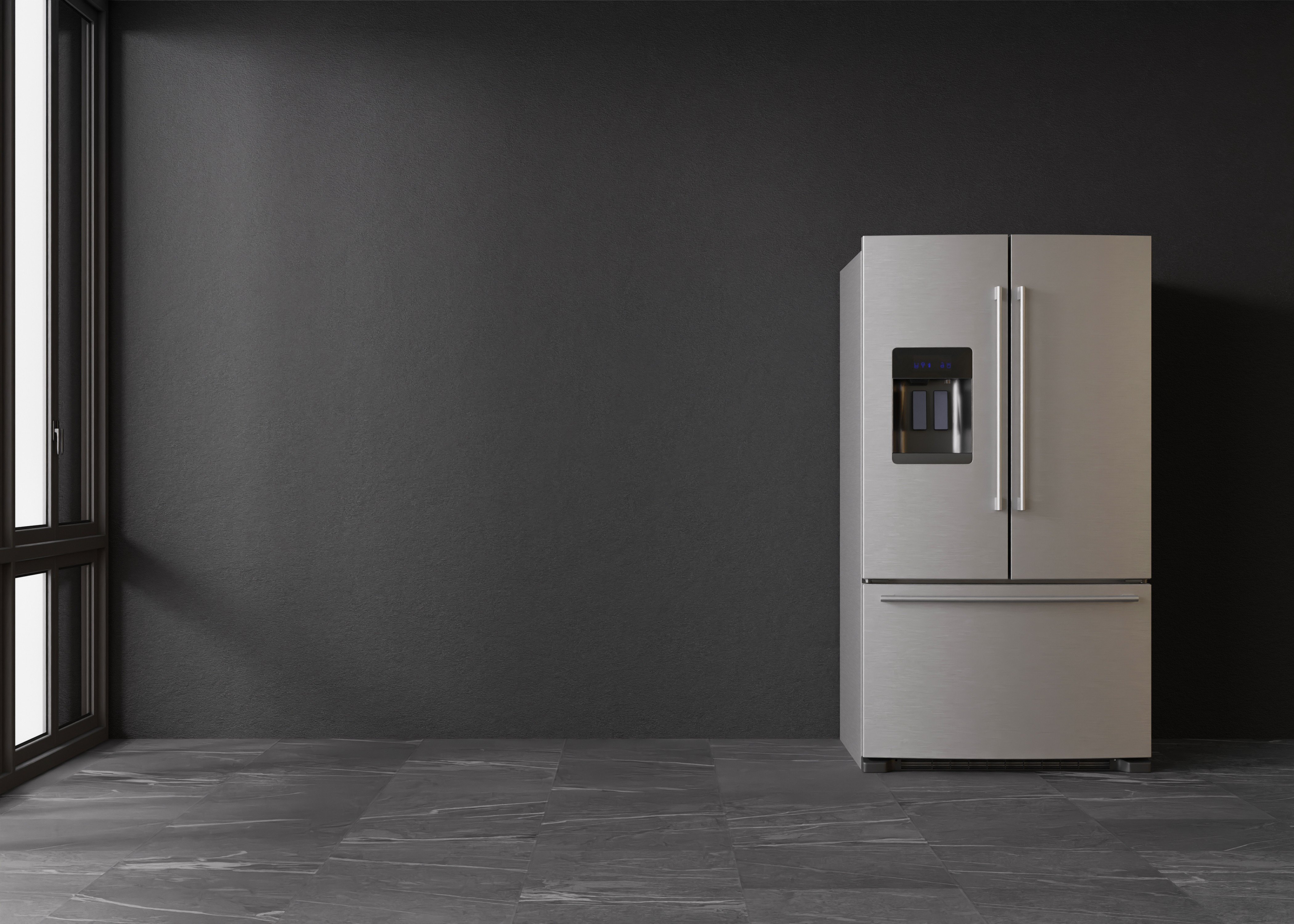The Comprehensive Guide to Refrigerators: Types, Features, and Maintenance
Refrigerators, commonly referred to as fridges, play a pivotal function in modern households by protecting food, lessening waste, and preserving a comfortable living environment. These important cooking area appliances have actually developed considerably for many years in regards to technology, performance, and style. This short article aims to supply a detailed introduction of the different types of refrigerators, their features, and ideas for maintenance, making it an essential resource for property owners.
Types of Refrigerators
Refrigerators are available in various styles and setups, each dealing with different requirements and preferences. Below is a summary of the most typical kinds of refrigerators available on the marketplace today.
| Type of Refrigerator | Description |
|---|---|
| Top-Freezer | This is the timeless fridge design where the freezer compartment is found on top. It is typically the most inexpensive option, making it popular for budget-conscious consumers. |
| Bottom-Freezer | In this design, the freezer is located at the bottom, permitting simple access to fresh items at eye level. This type typically includes pull-out drawers for easier company. |
| Side-by-Side | This design has the freezer and refrigerator compartments arranged vertically beside each other. It supplies easy access to both areas and frequently includes water and ice dispensers. |
| French Door | Integrating the benefits of a bottom-freezer style with broad doors on the refrigerator area, French door fridges provide ample area and versatility, making them ideal for large households. |
| Compact | Also called mini-fridges, these smaller sized units are perfect for dormitory, workplaces, or as secondary fridges in homes. They have actually limited storage but are energy-efficient. |
| Smart Refrigerators | Geared up with clever technology, these fridges use features such as touch screens, internet connectivity, and app controls. They can supply notices for expired food and other wise functionalities. |
Key Features to Consider
When picking a refrigerator, it is vital to consider different features that can boost usability and performance. Here are some essential functions to search for:
Energy Efficiency
- Look for designs with an Energy Star ranking to guarantee energy efficiency and reduced utility bills.
Storage Options
- Adjustable racks, door bins, and specific compartments for vegetables and fruits boost the versatility of storage.
Water and Ice Dispensers
- Numerous side-by-side and French door designs include integrated water and ice dispensers, offering convenience and encouraging hydration.
Temperature level Control
- Precise temperature level control allows house owners to set ideal conditions for different food items.
Smart Features
- Features like touchscreen interfaces, Wi-Fi connection, and integrated electronic cameras to assist manage grocery inventories make smart fridges attractive.
Noise Levels
- Consider designs with low operational sound, particularly if the cooking area is open to the living location.
Maintenance Tips for Refrigerators
Proper upkeep can prolong the life of a refrigerator and make sure optimal performance. Here are some helpful maintenance tips:
Regular Cleaning:
- Clean the exterior and interior surface areas of the fridge with mild soap and water a minimum of when a month.
- Remove spills immediately to prevent smells and germs growth.
Temperature Settings:
- Maintain your refrigerator at a temperature between 35 ° F to 38 ° F and the freezer at 0 ° F for optimum food preservation.
Inspect Door Seals:
- Inspect the door seals periodically for fractures or tears. Best Fridges UK can cause energy loss and increased electricity expenses.
Defrost Regularly:
- For manual defrost models, thaw the freezer when ice develops to decrease the home appliance's workload.
Condenser Coils:
- Clean the condenser coils at the back or beneath the refrigerator every 6 months to improve performance.
Keep it Level:
- Ensure the refrigerator is level for proper door alignment and to prevent vibrations.
Frequently Asked Questions (FAQs)
1. The length of time should a refrigerator last?Typically, a refrigerator can last anywhere from 10 to 20 years, depending on the brand and maintenance practices.
2. How can I improve the energy performance of my refrigerator?To boost energy efficiency, keep the fridge's temperature settings optimal, routinely clean the condenser coils, and prevent positioning hot food within.
3. What type of refrigerator is best for small kitchens?Compact or counter-depth models are ideal for little cooking areas as they provide ample storage without occupying excessive area.
4. Are wise refrigerators worth the investment?Smart refrigerators can be worth the financial investment if you value benefit and technology. They offer functionalities like stock management and remote gain access to, which cater to tech-savvy users.
5. How can I fix a refrigerator that is not cooling properly?Start by checking the temperature settings, ensuring the condenser coils are tidy, and confirming that the door seals are intact. If these do not solve the issue, consider calling an expert specialist.
In conclusion, fridges are vital devices that play a vital role in preserving food and preserving a healthy lifestyle. With a variety of types and features readily available, it is important for customers to choose a design that aligns with their particular needs. By understanding the options and adhering to upkeep best practices, property owners can delight in the benefits of their refrigerators for lots of years to come.

